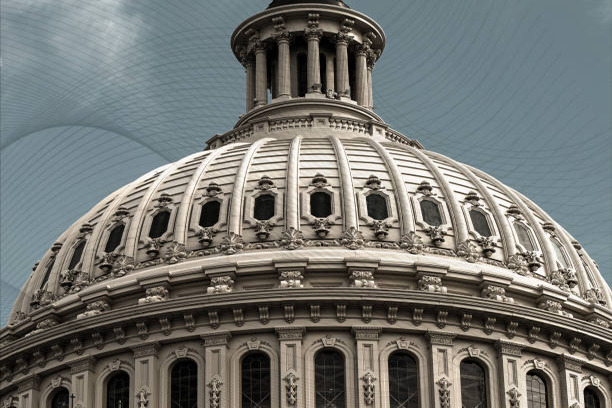


The ongoing discourse on patent changes within the Senate Judiciary Committee has sparked significant controversy in the media. However, a closer examination reveals a different narrative from the sensationalized headlines.
Recent headlines, such as “Corporations shouldn’t be able to patent your DNA,” have painted a dramatic picture. These headlines, often misleading, contribute to public confusion rather than clarity on the subject. Such sensationalism doesn’t serve the discourse well.
Interestingly, despite invitations, the tech industry declined to participate in the Senate hearings. This absence raises questions about their stance on proposed changes and their commitment to the dialogue.
A recurring strategy in the political realm involves delayed engagement followed by demands for concessions. Representative Doug Collins warned against such tactics, drawing parallels with past instances where this approach stymied progress.
Contrary to popular belief, the Supreme Court did not outright ban gene patents in AMP v. Myriad Genetics, Inc. They specified certain conditions for patent eligibility, highlighting nuances often overlooked in debates.
The role of Congress in shaping patent law cannot be overstated. While the Supreme Court interprets the law, Congress holds the authority to define it. This dynamic allows for adjustments to align with evolving societal needs.
Navigating patent law is intricate, bridging law, science, and technology. Misunderstandings in this domain often lead to flawed policies. A robust patent system fuels innovation while safeguarding societal interests, particularly in healthcare advancements.
Active involvement from stakeholders impacted by patent qualification statutes is crucial. Engaging with legislators, attending hearings, and advocating for informed policies shape the future of patent laws.
Inaccurate depictions in media coverage, coupled with the absence of industry participation, hinder constructive discourse. Active engagement from all concerned parties, including Property Attorneys, is vital to ensure a robust and fair patent system for generations to come.